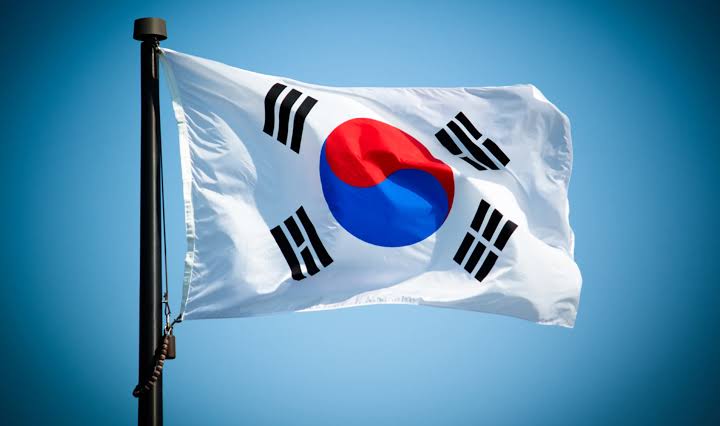It was a day that left South Koreans shaken, as President Yoon Suk Yeol’s controversial attempt to impose martial law unfolded in dramatic way.

Special forces were dispatched, and helicopters circled over the parliament.
Consequently, what followed was a stunning series of events that threatened the very foundation of the nation’s democracy.
South Korea Suspended Civilian Rule
The nation watched in disbelief as the president suspended civilian rule and sent troops into the heart of Seoul’s political centre.
Initially, a moment of governance escalated into chaos, and lawmakers’ intense resistance forced the president to back down.
In the aftermath, the government now scrambles to pick up the pieces while investigators probe what many describe as an insurrection.
Top Officials Face Travel Bans
On Tuesday, the South Korean authorities took the unprecedented step of banning key officials from leaving the country.
Cho Ji-ho, the commissioner of the Korean National Police Agency, and two other senior officials now face the fallout from the martial law attempt.
As the investigation intensifies, authorities have already banned former high-ranking officials, including the defence and interior ministers, from international travel.
Furthermore, authorities have confined General Park An-su, the commander of the martial law forces, to South Korea.
People Also Read: South Africa Taps Nigeria’s Lithium For EV Production
Arrest of South Korea Former Defence Minister
The scandal deepened with the arrest of Kim Yong-hyun, the former defence minister, who faces charges for his role in the insurrection.
His actions, deemed an abuse of authority, have sparked outrage.
The nation now waits for the Seoul court to decide whether to formally issue an arrest warrant.
Kim, in a rare moment of contrition, apologised publicly, taking full responsibility for the events.
The political crisis doesn’t end there. Yoon narrowly survived an impeachment motion, only to face new threats to his presidency.
As candlelight vigils continue across the country, thousands of protesters demand his resignation.
Meanwhile, his party is reportedly working on a “resignation roadmap,” planning for Yoon to step down either in February or March, before fresh elections are called.
The political uncertainty in South Korea grows by the day, with no clear resolution in sight.

